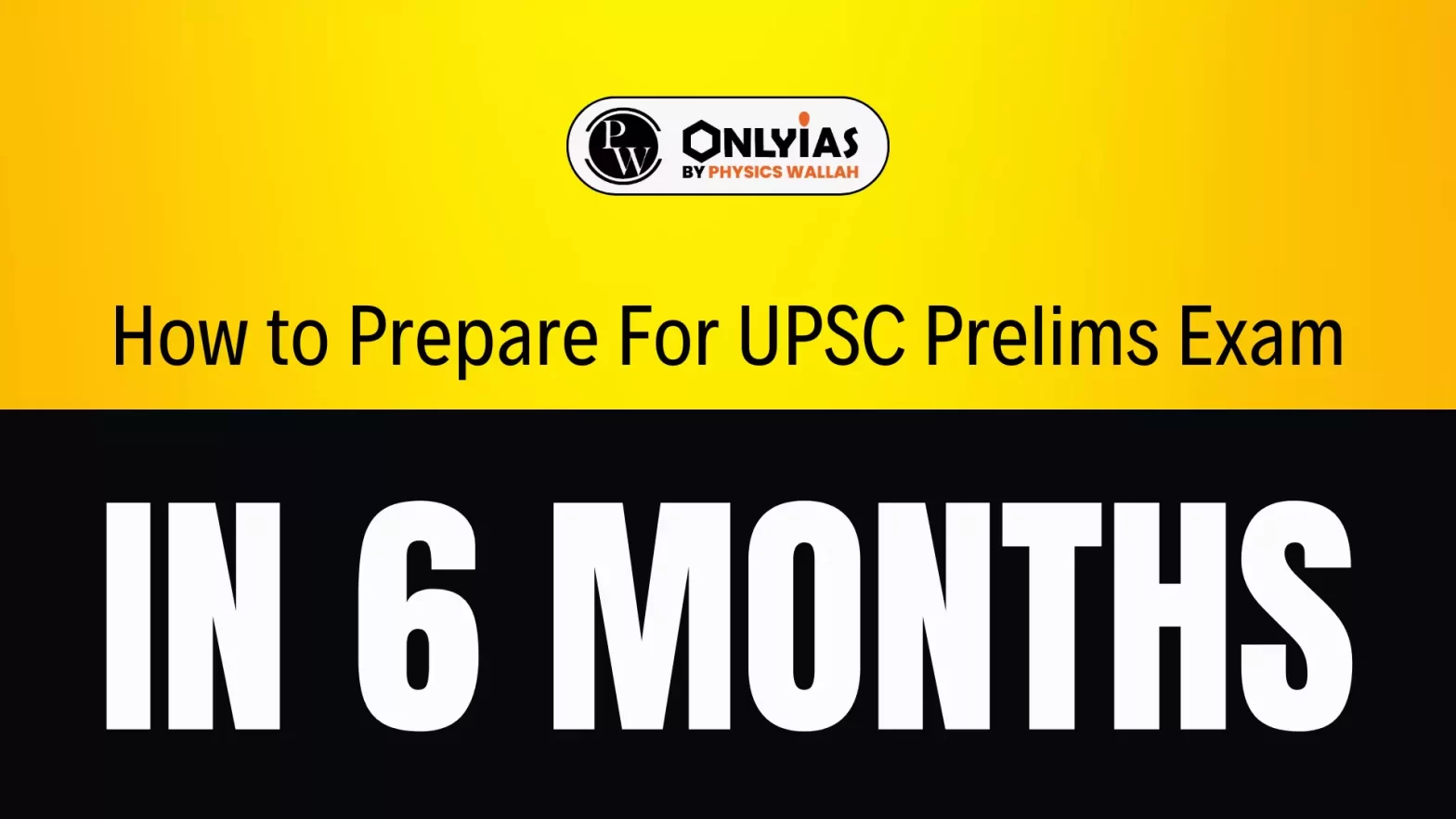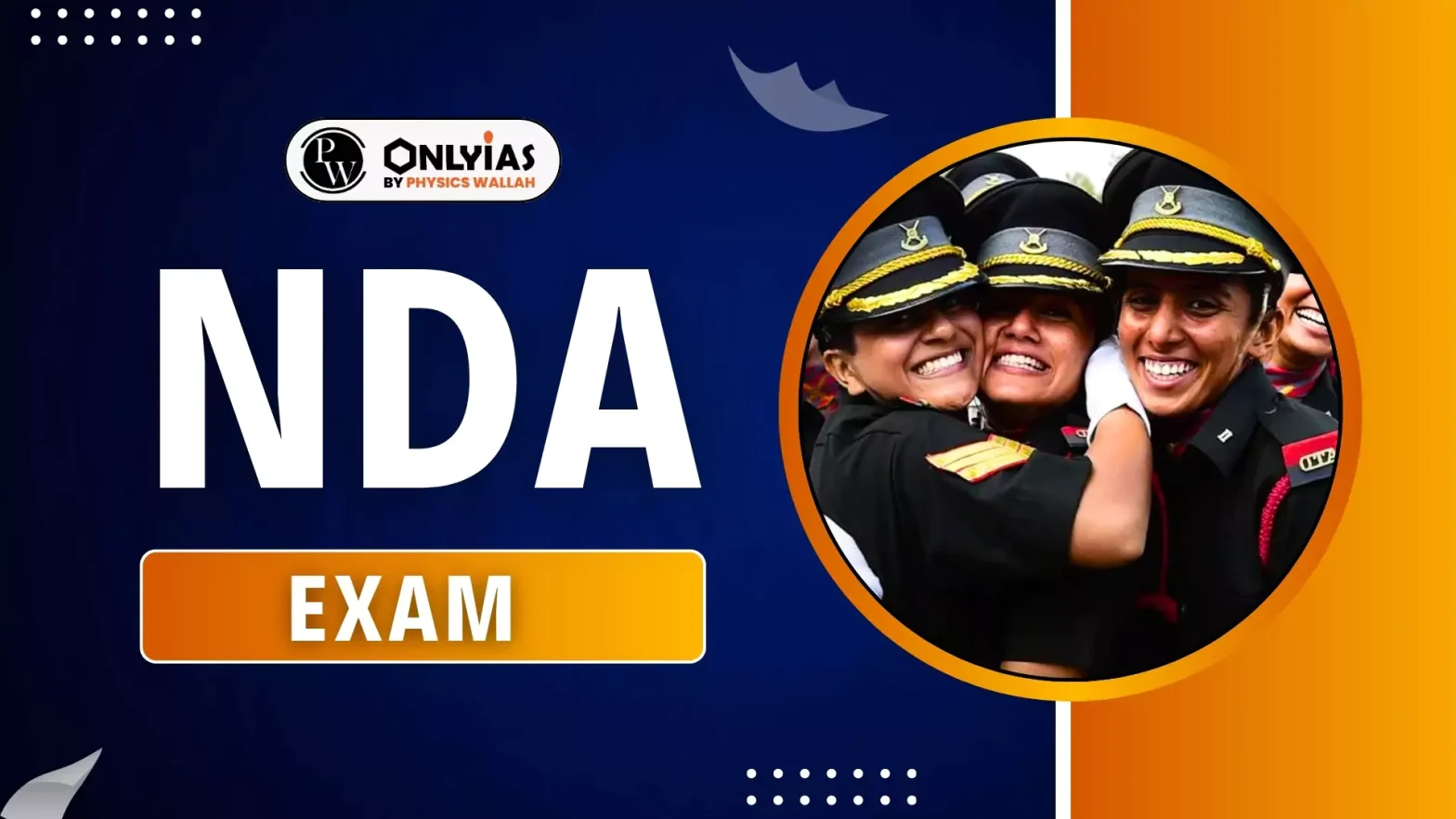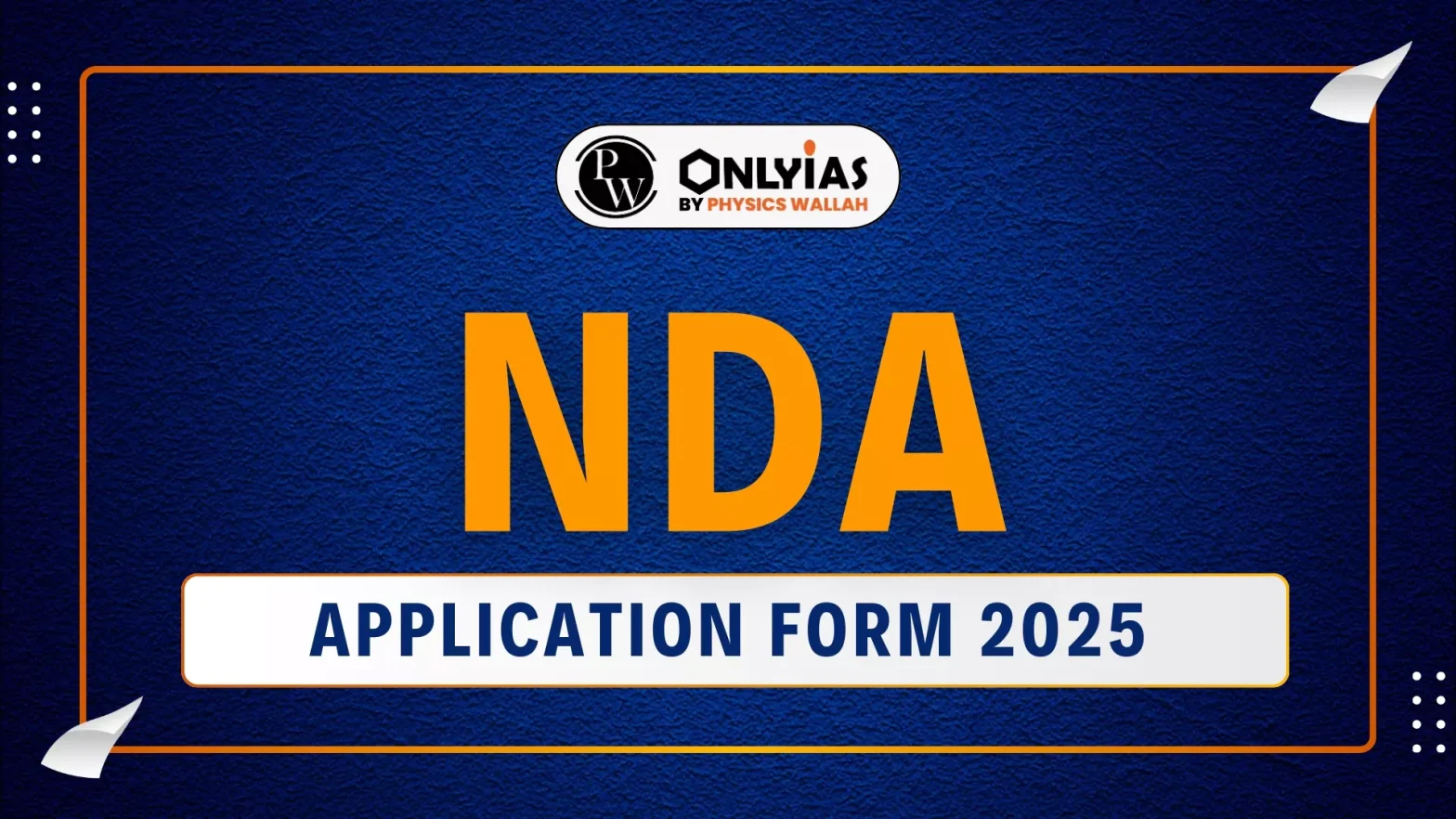Preparing for the UPSC Prelims Exam in 6 months requires a well-structured strategy, consistent effort, and effective time management. This guide is designed to help aspirants focus on the most important aspects of the syllabus while optimizing their study schedule. With a disciplined approach and the right resources, even a 6-month timeline can be sufficient to crack the first stage of this prestigious examination. Let’s break down the preparation process into actionable steps.

 GS Foundation
GS Foundation Crash Course
Crash Course Combo
Combo Optional Courses
Optional Courses Degree Program
Degree Program
















